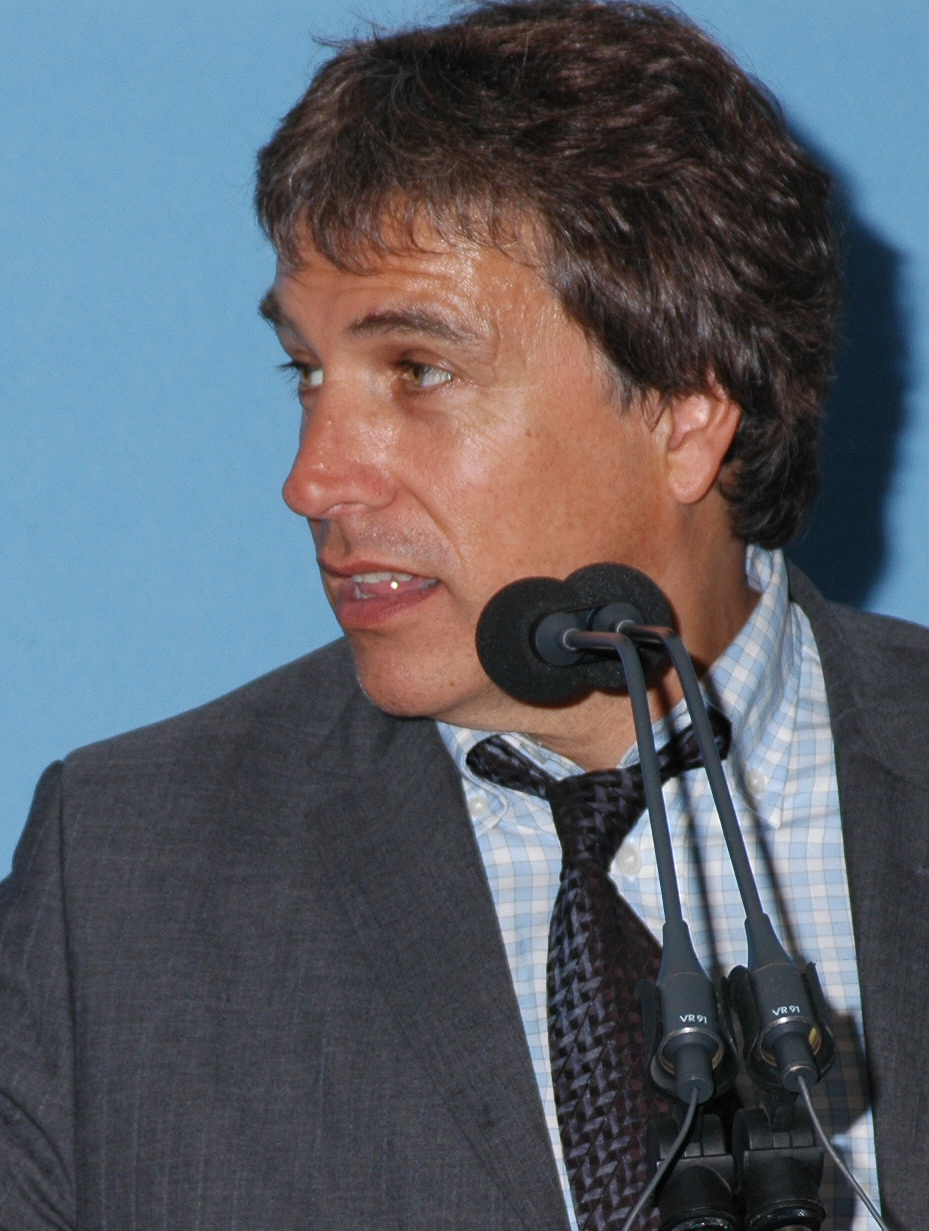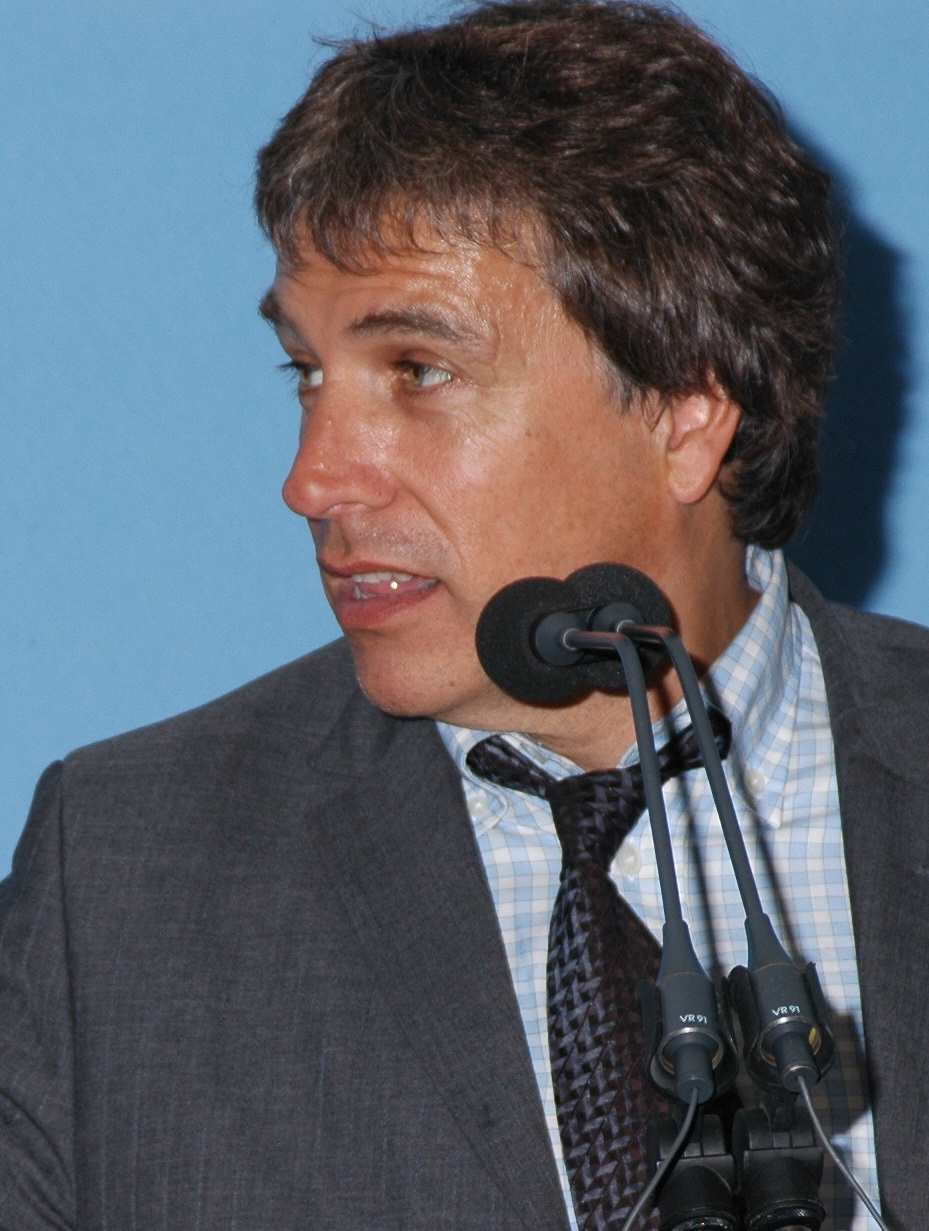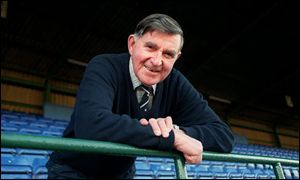BBC Sport is so lacking in any sense of proportion these days that it’s forgotten that quality and not quantity is what really matters.
Compact Fluorescent Lamps (CFLs) may be good for the environment, but there’s nothing wrong with some good old-fashioned light-bulb humour:
“How many editors does it take to change a light bulb ?
Two. One to change the bulb and the other to send out a rejection slip to the old bulb!”
A more topical variation would be: “How many BBC commentators does it take to cover one rugby union international?” The answer, it would appear, is roughly one reporter/pundit/presenter for every pair of England players on the pitch. At Twickenham on Sunday the BBC decided to ring the changes on that other old gag about the Englishman, the Irishman and the Scotsman. Smooth-talking front man John Inverdale was instead joined by an Englishman (Jeremy Guscott), a Welshman (Jonathan Davies) and a Scotsman (Andy Nicol).
Up in the commentary box was part-time tennis commentator Andrew Cotter, with the perpetually grumpy Brian Moore as his sidekick. Meanwhile, blonde bombshell Jill Douglas was pitch-side with the hunk of manhood that is former England captain Lawrence Dallaglio — Lorenzo Bruno Nero Dallaglio, to give him his full name.
I must admit that I missed the beginning of the match, which Engand won 22-16, so there may have been even more experts secreted about the ground. Perhaps there was a celebrity hunter, being paid to spy on Zara Phillips, the fun-loving Royal fiancée of current England captain Mike Tindall. Someone obviously had their eye on Hugh Grant, because he was lured into the commentary box at half time for a cosy chat with Cotter. But in these days of universal austerity and a frozen (BBC) licence fee, do we really need so many people to guide us through one 80-minute rugby match between “auld enemies” England and Scotland?
Sports coverage has to strike a balance between providing technical analysis for the die-hard fans and allowing casual viewers to enjoy the atmosphere — or razzmattazz — of a big event. Unfortunately, BBC Sport is so lacking in any sense of proportion these days that it’s forgotten that quality and not quantity is what really matters.
Many of the great names I remember from my youthful days of watching sport have either been pensioned off or taken their mellifluous tones to that great commentary box in the sky. Only last year, rugby union lost the great Bill McLaren, whose lexicon of classic quotes merits its own blog. (“That one was a bit inebriated – just like one of my golf shots” is one to savour.) It’s been nearly 20 years since the BBC’s “voice of tennis”, Dan Maskell, sighed over an exquisite half volley or a rasping backhand down the line. These days, Boris Becker, John McEnroe and others offer us “colour” with their expensive suits, risqué humour and occasional insights, but genuinely great commentators are as rare as British Grand Slam champions.
But just two days before the pundits were swarming all over Twickenham, news broke that the BBC might consider dropping its coverage of Wimbledon and Formula 1 after 2014 in a bid to save money. Apparently, the Corporation needs to achieve savings of 20 per cent over the next four years, and switching to a cheaper brand of coffee in the canteen probably wouldn’t make much of a dent.
It’s tempting to dismiss this story as scaremongering, designed to get outraged sports fans protesting in the same way that the listeners of 6 Music did when their station was threatened with closure last year. But before anyone thinks about scrapping Wimbledon coverage, perhaps we should take a long, hard look at the routine overstaffing that the BBC apparently views as essential.
Was I the only person gobsmacked by the sheer number of political editors, correspondents and reporters who were wheeled out during last year’s General Election? Yes, the days of uncertainty that followed Polling Day were extraordinary, but couldn’t we have made do with half the number of journalists speculating, hypothesising and just needlessly filling air time? A few months later, Manchester was overrun as the Labour leadership election — surely the dullest political contest of all time — reached its climax. I was watching live as Political Editor Nick Robinson foolishly speculated that Ed Miliband must have lost because he wasn’t smiling. Bad call, Nick.
I think most sports fans would agree that having the cameras in the right place at the right moment is more important than endlessly recycled opinions from former stars. Events on the field at Twickenham last weekend seemed almost peripheral to the need for constant interruptions and interjections from all those assembled experts. (Was Mike Tindall’s half-time substitution really tactical or was he injured?) With ADD now endemic amongst TV directors, there’s always the danger that yet another ill-timed replay will make us miss the live action.
With just 499 days to go until the 2012 Olympics, the BBC isn’t likely to be scaling back, cutting down or making do with fewer staff any time soon. Let’s hope that the real stars — those teams of visiting athletes — are not trampled underfoot by armies of reporters in search of a mic, a camera and an audience.
(Article first published as Your Number’s Up on Blogcritics.)







1 Pingback